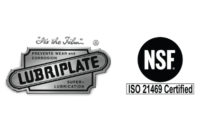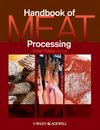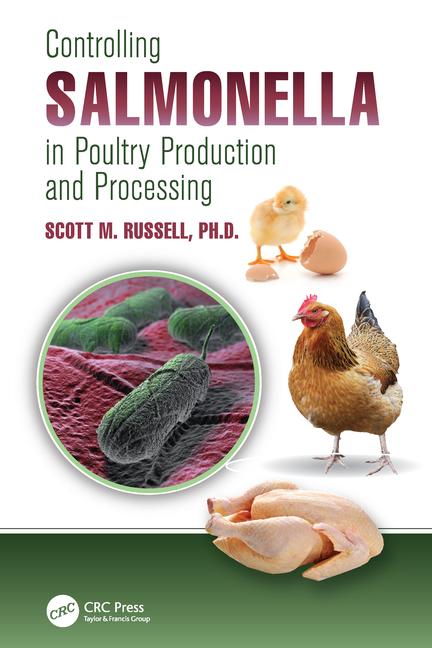 Effectively managing risks in their supply chain is priority No. 1 for today’s food and beverage companies. Especially important is the focus on the processing plant — the centralized hub where complex processes bring raw ingredients, additives and packaging together to create a finished product. With the shift toward highly automated, continuous processing, it’s critical to remember that food-grade lubricants, greases and other mechanical fluids play a key role in a plant’s overall hygiene strategy.
Effectively managing risks in their supply chain is priority No. 1 for today’s food and beverage companies. Especially important is the focus on the processing plant — the centralized hub where complex processes bring raw ingredients, additives and packaging together to create a finished product. With the shift toward highly automated, continuous processing, it’s critical to remember that food-grade lubricants, greases and other mechanical fluids play a key role in a plant’s overall hygiene strategy.In recognizing the need for standardization of hygiene requirements for food-grade lubricants, in 2006 the International Organization for Standardization (ISO) published ISO 21469-Safety of Machinery — Lubricants with Incidental Product Contact.
ISO 21469 is a voluntary standard that specifies hygiene requirements for the formulation, manufacture and use of lubricants, which may contact products during manufacturing or processing. The standard applies beyond food applications and includes lubricants used for processing cosmetics, pharmaceuticals, animal feed and food packaging, where hygiene is of particular concern. Although voluntary, the food industry has already taken notice and some global food companies are now adopting ISO 21469 as their minimum requirement for sourcing lubricants.
To achieve certification to ISO 21469, lubricant manufacturers must develop a strategy specifically to preserve the hygiene of the lubricant product during all phases of production including formulation, blending, packaging and transport. In developing a hygiene strategy, the manufacturer must consider and mitigate the introduction of all potential physical, chemical and biological contaminants through a documented risk-assessment process. In addition, a qualified, accredited third-party certifier, such as NSF International, conducts a comprehensive facility inspection to verify risk management policies, verify batch records and collect production samples for testing analysis.
Product certification to the ISO 21469 standard provides end users with the assurance that the quality, safety and hygiene of the lubricant formula have been independently verified by that aforementioned qualified certification body. The value of ISO 21469 certification for end users is that it provides added assurance that, the lubricant formula is safe, label information is true, accurate and traceable, and lubricant manufacturing and packaging conditions are hygienic.
Although ISO 21469 is a voluntary standard, the food industry has already recognized the value of these benefits and companies are proactively adopting ISO 21469 into their lubricant procurement specifications. NSF currently has over 300 products certified in this program. Visit www.nsf.org to access the most current list of these certified products.
Stringent regulations, harsh environmental conditions and rigorous plant operations are making it increasingly important to use appropriate food-grade lubricants. Today, these products play a critical role in helping to preserve the quality, integrity and safety of consumer food and beverage products and have a variety of common uses in the food manufacturing industry.
The importance of having these products evaluated by a third-party is becoming more evident because of the tremendous impact it will have when an organization audits the facility. Using NSF Registered products to illustrate that a verification system is in place will reduce the time and effort spent showing an auditor the traceability and safety of these food-grade lubricants.









